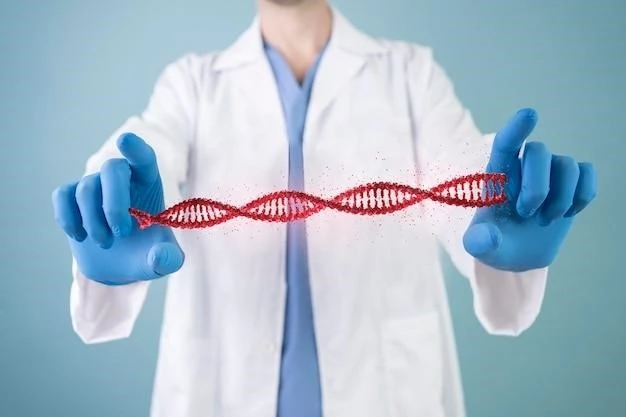Overview of Chromosome 18 Deletion 18q23
Chromosome 18 Deletion 18q23 is a rare genetic condition caused by the deletion of a portion of chromosome 18. Learn more here.
Understanding the Basics of Chromosome 18 Deletion 18q23
Chromosome 18 Deletion 18q23 is characterized by the loss of genetic material on the long arm of chromosome 18 at position 23. This deletion can lead to a range of physical and developmental challenges in affected individuals. The severity of symptoms can vary widely٫ impacting cognitive abilities٫ physical growth٫ and facial features. Understanding this genetic condition involves recognizing the complex interplay of deleted genes and their role in development. Research continues to enhance our understanding of how chromosome 18 deletion 18q23 affects individuals and guides treatment strategies.
Genetic Causes of Chromosome 18 Deletion 18q23
The deletion of genetic material on chromosome 18 at position 23 causes Chromosome 18 Deletion 18q23, leading to developmental challenges.
Exploring the Genetic Mechanisms Behind the Deletion
The deletion of a segment of chromosome 18 at position 23 can occur spontaneously or be inherited. Understanding the mechanisms at play in this deletion involves studying genetic rearrangements, non-allelic homologous recombination, and the impact on nearby genes. Researchers delve into the intricacies of these genetic mechanisms to unravel how chromosome 18 deletion 18q23 influences an individual’s development and health outcomes. By exploring these genetic processes, scientists aim to enhance diagnostic methods and develop targeted therapeutic interventions for those affected by this chromosomal abnormality.

Symptoms and Clinical Manifestations of Chromosome 18 Deletion 18q23
Individuals with Chromosome 18 Deletion 18q23 may experience developmental delays٫ intellectual disability٫ growth abnormalities٫ and distinctive facial features.
Identifying Common Symptoms and Clinical Features
Common symptoms of Chromosome 18 Deletion 18q23 include intellectual disability, speech delays, feeding difficulties, heart defects, kidney problems, and joint issues. Clinical features may also encompass distinctive facial characteristics, such as a prominent forehead, small chin, low-set ears, and widely spaced eyes. Additionally, individuals may exhibit behavioral challenges, sensory processing issues, and susceptibility to infections. Recognizing these symptoms is crucial for early intervention and personalized care planning for individuals with this genetic condition.
Diagnosis and Genetic Testing for Chromosome 18 Deletion 18q23
Diagnosis involves genetic testing like chromosomal microarray analysis to detect the deletion of chromosome 18q23. Early diagnosis is key.
Evaluating Diagnostic Procedures and Testing Methods
Diagnostic procedures for Chromosome 18 Deletion 18q23 include chromosomal microarray analysis, FISH, and karyotyping. These tests help identify the specific genetic abnormalities associated with the deletion. Clinicians review medical history, conduct physical examinations, and may recommend genetic counseling. Early and accurate diagnosis through comprehensive testing methods is crucial for providing appropriate medical care, developmental interventions, and support services to individuals and families affected by Chromosome 18 Deletion 18q23.
Treatment Strategies for Chromosome 18 Deletion 18q23
Treatment focuses on managing symptoms with therapies like physical, occupational, and speech therapy, as well as educational and behavioral interventions.
Discussing Management and Therapeutic Approaches
Management of Chromosome 18 Deletion 18q23 involves a multidisciplinary approach with interventions such as early intervention services, special education programs, behavioral therapies, and medical treatments tailored to individual needs. Therapeutic approaches focus on addressing developmental delays, improving communication skills, enhancing motor abilities, and addressing medical issues like heart defects. Supportive care and ongoing monitoring play a vital role in optimizing the quality of life for individuals with this genetic condition. Collaborating with healthcare professionals, therapists, educators, and support groups can help families navigate the challenges associated with Chromosome 18 Deletion 18q23.
